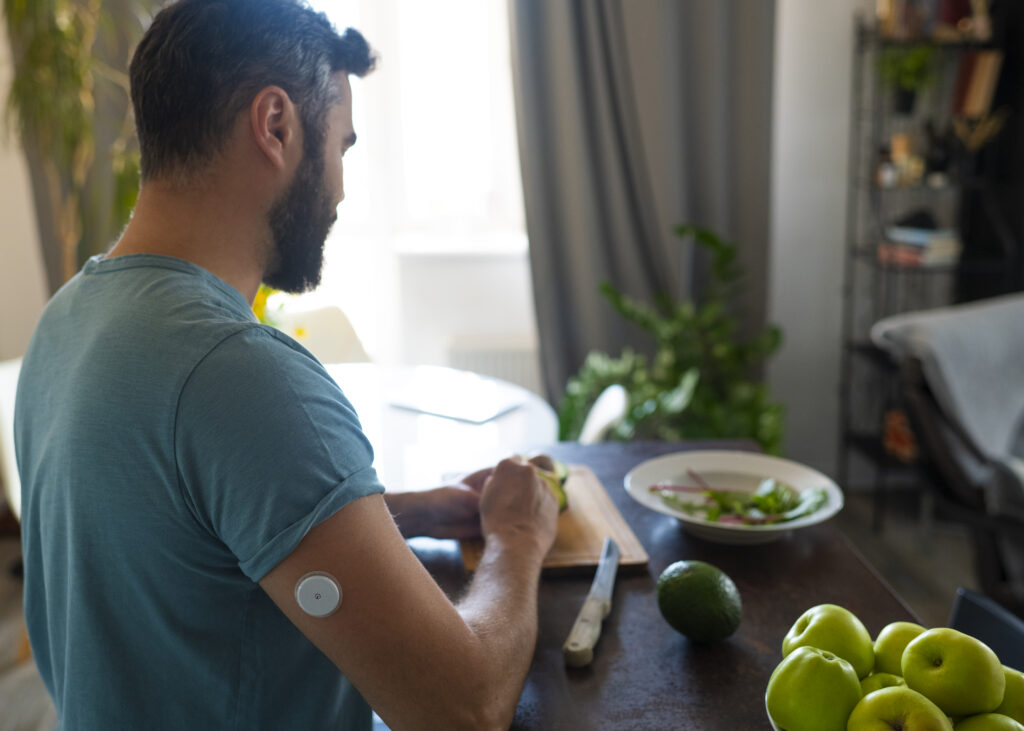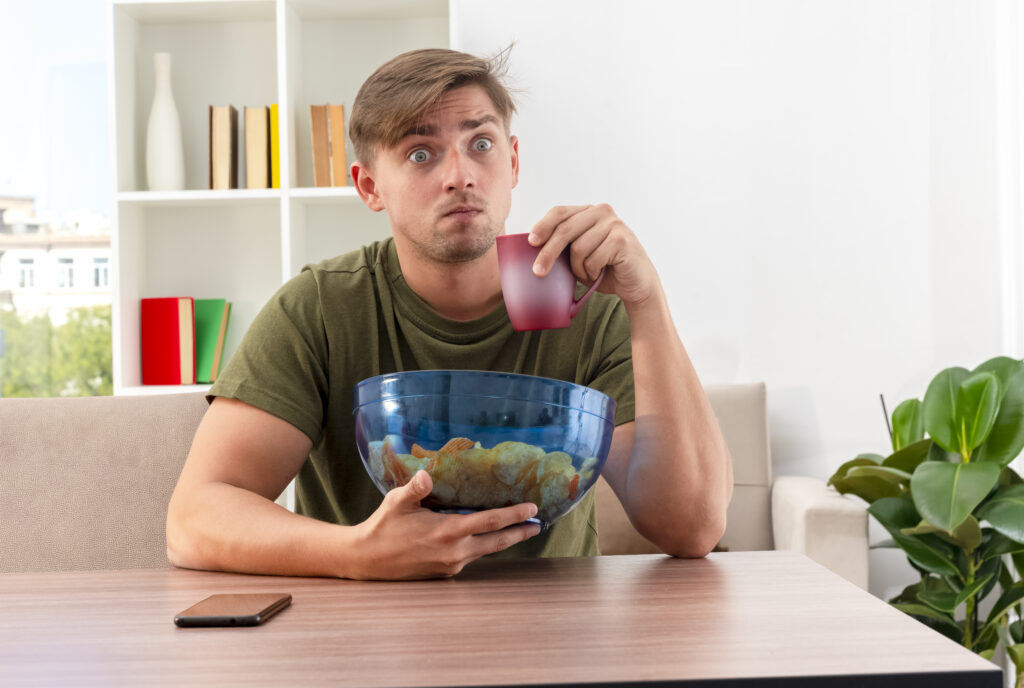How Long Should You Wait After Exercising to Eat?

When it comes to fitness, many people focus heavily on what to eat before and after workouts. But a common question arises: how long should you wait after exercising to eat? It’s a great question that can greatly affect your recovery, muscle growth, and overall performance. In this article, we’ll break down everything you need to know about timing your meals around your workouts, and we’ll use the focus keyword “exercising to eat” throughout for clarity. Let’s dive in!
Table of Contents
Understanding Post-Exercise Nutrition
After a workout, your body goes through several physiological changes that require attention. Exercising to eat is not just about putting food in your mouth after you finish; it’s about nourishing your body to help it recover and grow stronger. During exercise, your muscles use stored glycogen for energy. Once depleted, your body needs to replenish this energy source. Additionally, exercise leads to muscle protein breakdown, making protein intake vital for repair and growth.
Timing Your Post-Workout Meal
The 30-Minute Window
Many fitness enthusiasts believe in the concept of an “anabolic window,” which suggests that the first 30 minutes after exercising to eat is crucial for recovery. This timeframe is often touted as the optimal period for your body to absorb nutrients effectively. During this time, your muscles are primed to take in carbohydrates and proteins.
You might wonder what to eat during this 30-minute window. A simple snack, such as a protein shake with some carbohydrates (like a banana or oatmeal), can be a great choice. This helps replenish glycogen stores and kick-starts muscle recovery. So, if you’ve been exercising to eat, make sure you have a quick and nutritious snack ready!
If you’re curious about the effects of too much exercise on your muscles, be sure to check out the article “Overexercising Muscles: Doctor’s Insights” for valuable expert advice!
1-2 Hours Post-Workout Nutrition
While the 30-minute window is important, waiting for about 1 to 2 hours after exercising to eat is also a good strategy for many individuals. This timeframe allows you to prepare a balanced meal that includes carbohydrates, proteins, and healthy fats.
A well-rounded meal could include grilled chicken with quinoa and steamed vegetables or a veggie omelet with whole-grain toast. These meals not only support recovery but also provide sustained energy throughout the day. Exercising to eat properly means incorporating a mix of macronutrients into your meals for optimal recovery.
Factors Influencing Timing

Type of Exercise
The type of exercise you perform significantly influences your nutritional needs post-workout. For example, endurance training, like running or cycling, may deplete glycogen stores more than resistance training. If you’ve engaged in intense cardio, consider eating sooner after your workout. On the other hand, if you’ve focused on strength training, you might have a bit more flexibility with timing.
Individual Goals
Your fitness goals also play a critical role in your post-exercise nutrition strategy. If you aim to lose weight, you might be more mindful about what and when you eat after exercising. On the flip side, if muscle gain is your goal, prioritizing protein intake right after exercising to eat can be beneficial. Tailoring your nutrition to your goals will help you make informed choices about meal timing and composition.
Duration and Intensity of the Workout
Short, high-intensity workouts may require quicker nutrient intake. If your session was particularly grueling, don’t hesitate to eat soon after you’re done. In contrast, less intense workouts may allow for a longer waiting period before your next meal. Pay attention to how your body feels after exercising to eat, and adjust your eating schedule accordingly.
Listening to Your Body
An important aspect of nutrition is listening to your body. Are you feeling hungry right after working out? If so, it might be time to eat! Recognizing your hunger cues is vital when determining how long to wait after exercising to eat.
You might also want to consider your comfort level. Some people feel nauseous if they eat too soon after exercising to eat. If that’s the case for you, aim to wait a little longer, or opt for lighter, easily digestible foods.
Common Myths About Post-Exercise Nutrition
One common myth is that you must eat immediately after exercising to see results. While timing is essential, it’s not the only factor. Quality of food and overall daily nutrition is more critical than simply the timing of your meal. If you miss the 30-minute window but still eat a nutritious meal within a few hours, you’ll be just fine. Remember, exercising to eat is about balance and ensuring you’re fueling your body adequately.
Practical Tips for Post-Workout Eating
Meal Prep Ideas
Having meals prepared ahead of time can make a significant difference in your post-exercise nutrition. You can make a batch of grilled chicken, quinoa, and roasted vegetables to have on hand for after your workout. Smoothies are another excellent option; they’re quick, nutritious, and can be customized to your taste.
Hydration

Don’t forget about hydration! Drinking water is vital for recovery, especially after sweating it out in the gym. Make it a habit to rehydrate after exercising to eat, and consider adding electrolytes if your workout was particularly intense.
Conclusion
In conclusion, the question of how long to wait after exercising to eat doesn’t have a one-size-fits-all answer. Factors such as the type of exercise, individual goals, and how your body feels all play a role in determining the best timing for your post-workout meal. Aim to nourish your body with the right balance of nutrients to support recovery and growth.
Remember, exercising to eat effectively is about finding what works for you personally. Experiment with different timing strategies and food choices, and listen to your body’s cues. With the right approach, you can maximize your workout benefits and achieve your fitness goals. So next time you finish your workout, think about how you’ll exercising to eat—your body will thank you for it!
FAQs
Can I eat immediately after exercise?
Yes, you can eat immediately after exercise! However, it’s important to consider the type of food you consume. Your body is primed to absorb nutrients after a workout, which is why many people focus on quick sources of protein and carbohydrates right away. A small snack, like a protein shake or a piece of fruit, can help kickstart your recovery. Just listen to your body some people may feel better waiting a bit before having a larger meal.
Why wait 30 minutes after working out to eat?
The idea of waiting about 30 minutes after exercising to eat is often linked to the concept of the “anabolic window.” This is a time when your muscles are particularly receptive to nutrients, making it an ideal moment to refuel. During this time, your body can effectively absorb carbohydrates and proteins, which helps replenish glycogen stores and repair muscle tissue. While it’s not a strict rule, aiming to eat within this timeframe can support better recovery and growth.
How long should I wait to eat after a workout to lose weight?
If you’re aiming to lose weight, it’s less about the exact timing and more about the quality and quantity of the food you consume. Generally, waiting 1-2 hours after a workout to eat is a good practice, as it allows your body to naturally transition from the exercise phase to the recovery phase. Focus on eating a balanced meal that includes protein, healthy fats, and complex carbohydrates to help you feel satisfied without overeating. Remember, listening to your body is key!
Can I eat 5 minutes after a workout?
Yes, you can eat 5 minutes after a workout! In fact, having a small snack right after exercising can be beneficial, especially if it includes a mix of protein and carbohydrates. This quick fuel can help kickstart your recovery process. However, if you’re planning on having a larger meal, it might feel better to wait a bit longer. Ultimately, it depends on your comfort and preferences!
How fast to eat after the gym?
There’s no strict rule about how fast you should eat after the gym, but it’s usually best to eat at a moderate pace. After working out, your body may still be in a heightened state, so allow yourself some time to cool down and relax before diving into a meal. Aim to eat within 30 minutes to 2 hours post-exercise for optimal recovery. Eating too quickly may lead to discomfort, so take your time and enjoy your food!
What foods should I avoid after a workout?
After exercising, it’s wise to avoid foods that are high in sugar and unhealthy fats, as they can hinder your recovery efforts. Sugary snacks and processed foods may lead to a quick energy spike followed by a crash, which isn’t ideal after a workout. Additionally, heavy, greasy foods can cause digestive discomfort. Instead, focus on whole foods that provide a good balance of nutrients like lean proteins, whole grains, and plenty of fruits and vegetables to support your recovery.



One Comment